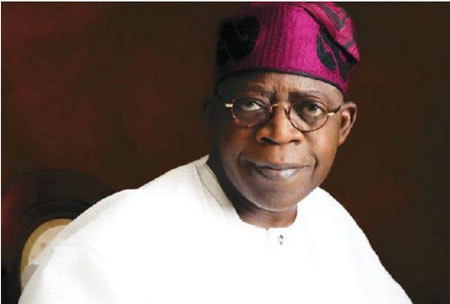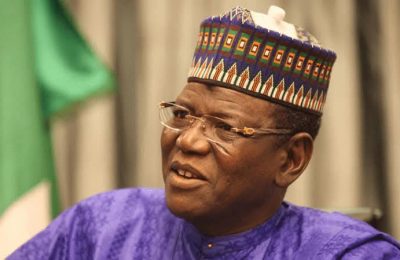
The Peering Advocacy and Advancement Center in Africa (PAACA) has commended the Independent National Electoral Commission (INEC) and President Bola Tinubu for their firm stance on accountability following the dismissal of three suspended Resident Electoral Commissioners (RECs) from Adamawa, Sokoto, and Abia states.
In a statement on Friday, PAACA Executive Director Ezenwa Nwagwu described the decision as a bold step toward restoring public trust in Nigeria’s electoral process and reinforcing ethical conduct among election officials.

PAACA noted that President Tinubu’s request to the Senate to terminate the appointments of Barrister Hudu Yunusa-Ari (Adamawa REC), Dr. Nura Ali (Sokoto REC), and Mr. Ike Uzochukwu (Abia REC) aligns with constitutional oversight provisions.
INEC had suspended the three officials in March 2023 for alleged misconduct during the general elections. Yunusa-Ari was accused of unlawfully assuming the role of Returning Officer in the Adamawa governorship election and announcing an unauthorized result. Dr. Ali and Mr. Uzochukwu were suspended for dereliction of duty, with Dr. Ali also facing prosecution for bribery allegations.
Ezenwa acknowledged the complexity of disciplinary processes within INEC, emphasizing that it took over a year from their suspension to their eventual dismissal.
“The decision of President Bola Tinubu to formally request the Senate to terminate the appointments of the three RECs underscores the fact that, while some Nigerians debate INEC’s regulatory powers, it is essential to recognize the constitutional framework within which the commission operates,” he said.
PAACA highlighted bureaucratic delays in removing electoral officials, noting that during their suspension, the dismissed RECs continued to receive full salaries. This, the group argued, underscores the need for more decisive action by oversight institutions in the public interest.
The advocacy group also commended INEC for upholding electoral integrity, referencing the recent conviction of Professor Ignatius Uduk in Akwa Ibom State. Uduk, a university lecturer, was sentenced to three years in prison for electoral fraud during the 2019 elections— a rare but significant victory against election malpractice.
Ezenwa urged political parties and security agencies to follow INEC’s example by enforcing internal disciplinary measures against those who compromise election integrity.
“We call on political parties and security agencies to emulate INEC, which has demonstrated its commitment to holding its personnel accountable. This is a significant step toward restoring public trust in the electoral process,” he added.
As Nigeria moves forward, PAACA stressed the importance of appointing RECs with unquestionable integrity and impartiality. The group urged the Senate to exercise due diligence in the confirmation process to prevent partisan interference in election management.
“It is crucial that the replacements for the dismissed RECs are individuals who are impartial and free from partisan interests. The credibility of Nigeria’s electoral process depends on having neutral and competent officials at the helm of election management,” Ezenwa stated.







